column-type things
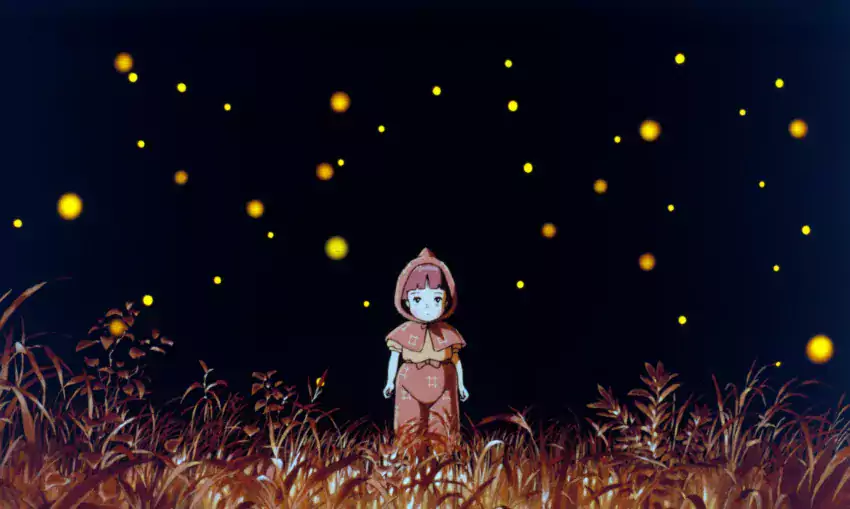
Previously: The Story 2020, 2019, 2018, 2017, 2016, 2015, 2014, 2013, 2012, 2011, 2010, 2009, 2008.
Anthems for a Seventeen Year Old Girl, Broken Social Scene
HELLO.
Hey. This is about us. It's not about anything else, even Michigan football. If you care that this post is here on this date, I'm talking to you. Here is what I am saying: I can't do it. I can do some of it. Just not all of it, anymore.
--------------------------------------------------------------------------------
Here's a thing that happened. I went to see a movie.
The Michigan Theater has been scrapping for things to show in the (sort-of) aftermath of COVID; one of the things they struck on was a series of Studio Ghibli films. If you're vaguely familiar, you're probably familiar with My Neighbor Totoro, a movie in which a couple of young girls run across a series of increasingly large and sleepy rabbit spirits. There's also a catbus?
If you are more than vaguely familiar you probably know all about Studio Ghibli and would like to disclaim to me at length about it; let's take a raincheck.
Anyway, My Neighbor Totoro is sweetness and light. When the Michigan fanbase collectively beat Spencer Hall into getting a Michigan themed tattoo he went with a block-M emblazoned Totoro, because spirit animal recognize spirit animal. It is a movie where a young girl gets lost and a young girl gets found. If you had to summarize this movie in one word it would be "sproing!"
[after THE JUMP: the other movie]
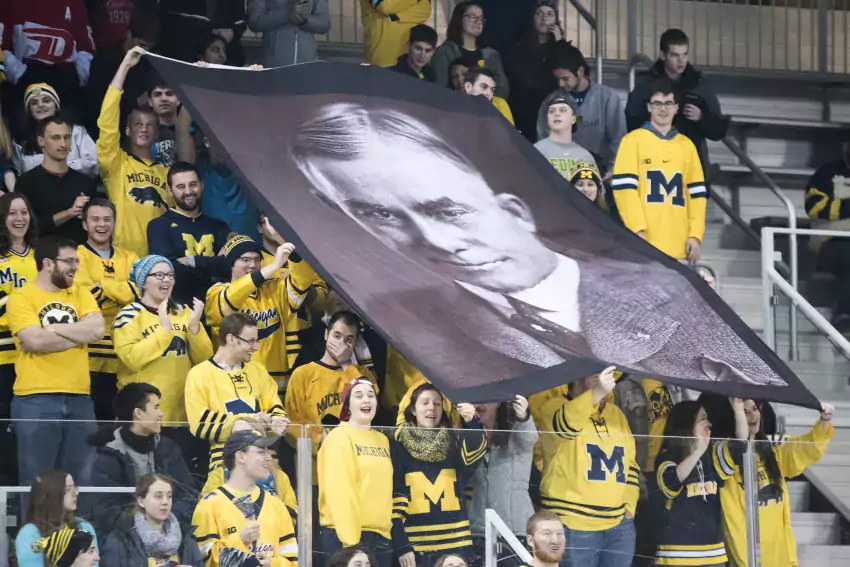
In 1946, Penn State was scheduled to play the University of Miami, which like most Southern teams of the time still refused to play integrated Northern teams unless they sat their Black players. At the time Penn State had two, and of them only Wally Triplett was a regular. By a team vote, PSU canceled the 1946 Miami game, an act that Triplett credits for the origins of its great 1947 campaign, when Penn State swept its regular season opponents and earned an invite to the Cotton Bowl.
The Cotton was one of four bowl games in existence, and one of three, the Rose excepted, with standing rules against Black players participating. Responding to rumors that administrators were talking to SMU about sitting Triplett, PSU captain Steve Suhey told the press “We play all or none, there will be no meetings.” Triplett played, and scored the game-tying touchdown. Though the school’s claim that this event and the “We Are…” cheer are connected is completely apocryphal, the moment is a special point of pride for the Nittany Lions.
Michigan could have had that moment a dozen years earlier, when Georgia Tech came to Ann Arbor in 1934, and over vocal opposition from campus protestors and the greater Michigan community, Fielding Yost agreed to sit star end Willis Ward. The details of this event have been covered many times, first as dug up by Dr. John Behee in his first book Hail to the Victors! Black Athletes at the University of Michigan (1974), then in the Black and Blue documentary based on his findings, and most recently and thoroughly by the President’s Advisory Committee Report on the Fielding H. Yost Name on the Yost Ice Arena Historical Analysis.
Yesterday this committee tasked with looking at whether Michigan should rename its buildings issued its unanimous recommendation to President Schlissel that Fielding Yost’s name should be removed from Yost Ice Arena. The report is 36 pages, and informs the committee’s six-page unanimous recommendation.
As someone who talks Yost history often, most recently in an interview on the history of the Big House that aired on student television, I hope to provide some context on the committee’s findings. I will refrain from adding my opinion on the building’s name until the end because next to the facts and the opinions of those more directly affected I don’t believe my feelings, colored as they are by my history of covering Yost, should carry much weight.
Committee, Report and Conclusions
The committee begins their recommendation letter with an unattributed message from a Michigan alum asking that the name be reconsidered because “In naming the Field House after Yost, the University chose to place one man's contributions to football and to athletics above the profoundly deep and negative impact he had on people of color,” and continued to do so over several opportunities to rename it.
The committee responds to this in the summary of its conclusion:
While we acknowledge that Yost had both successes and failures in his career, our historical analysis suggests to us that the benching of Ward was not an aberration but rather epitomized a long series of actions that worked against the integration of sports on campus.
The committee also lays out what it believes should be the standard for “honorific” naming of buildings, which is:
The names on our buildings constitute a “moral map” of our institution and should enshrine the values that we uphold.
By this standard they make a convincing case that Yost’s actions in the Willis Ward affair did not represent core values of the University of Michigan as they were formally stated in Yost’s time, or as they are instituted in practice today.
The committee was created in 2017 as the active arm of the university’s new review process for renaming buildings, and President Schlissel followed its first two recommendations, removing the names of noted eugenicist CC Little and crank scientist Alexander Winchell. In the future the same committee will likely be tasked with a recommendation on the honorific naming of Schembechler Hall, and the financial naming gift of the Weiser Center for Emerging Democracies.
[Hit THE JUMP]
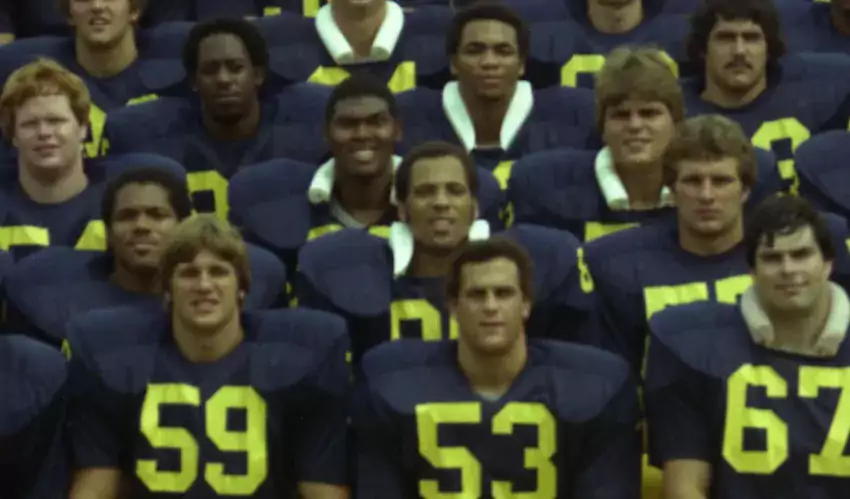
Content warning: descriptions of sexual abuse.
Chuck Christian is dying of prostate cancer. He's 61 years old.
Christian came forward as one of Dr. Robert Anderson's many victims of sexual abuse over a year ago. By that time, he'd already outlived the terminal prognosis he received four years earlier. His story is devastating.
It was as much odd as it was alarming, then, when Christian started to find blood in his bodily fluids in the early 2000s. He begrudgingly made an appointment to get checked out. After a few tests, the doctor informed Christian that he needed a digital exam to make sure his prostate was functioning properly. Christian assumed that would mean some type of technological scan followed by images on a computer screen. Then the doctor turned to pull on a pair of gloves and lubricate his finger.
"Just hearing that glove snap, it was like, 'Oh, God, no,'" Christian said. "I just kind of freaked out. I said never again. So I left, and we never had the test done."
Christian's wife finally insisted he see a urologist and go through with a prostate exam when he began waking up to go to the bathroom "a dozen times a night" in 2016. He'd never told her why he so resisted seeking medical treatment.
In fact, at least in part because Anderson remained a respected figure within Michigan's athletic department, Christian didn't consider himself a victim of sexual abuse until a former teammate informed him of another victim's letter to Warde Manuel—and a burgeoning number of former athletes saying they'd been violated by Anderson, too.
Anderson worked at the University of Michigan from 1966 until 2003. When he died in 2008, his peers spoke fondly of him.
Former Michigan football coach Lloyd Carr, who once worked with Anderson, said people used to joke that Anderson was the poorest doctor in Ann Arbor because he worked for the Athletic Department at a lower pay rate than what the average doctor would make.
“If any of us didn’t feel well or had the flu or our kids were sick, we had the comfort of knowing that he was going to drop what he was doing,” Carr said. “He was a tremendous asset in this community.”
For four decades, Christian didn't believe he was a victim. This is the abuse he experienced.
He waited in a lobby for several minutes, along with another freshman from the football program, before going to Anderson's office alone. The short, stout doctor ran through some routine tests. Then Christian says Anderson told him to remove his shorts and bend over the exam table for a purported prostate exam.
Christian says he howled while Anderson put his fingers inside of him.
"He was a fat doctor with fat fingers. That hurt like crazy," he said. "I was screaming in pain, but I knew not to scream at him because I knew I had to do that to play. It wasn't going to do me any good to scream at him."
Christian remembers leaving the exam room and spotting the classmate who had been with him in the lobby. Christian's face prompted the other young man to ask if Anderson had done it to him, too.
"Oh, yes, what was that?" Christian said. "I feel violated."
"Me, too, man," the teammate said. "Me, too."
There's no medical reason to conduct a prostate exam on a healthy 18-year-old. Christian stayed in the football program for four years, as champions do, and saw Anderson for a physical prior to every season. He didn't mention continued abuse to an authority figure. It was just how things were done at Michigan; after all, Anderson had been a team doctor since 1967, and Christian feared he'd fail his physical and lose his scholarship if he didn't allow Anderson to violate him.
[Hit THE JUMP.]

this post does not reference WHEN DISASTER STRIKES but probably should have

Miami Heat Guard/Forward
Miami HEAT · Full-time
Jul 2018 - Present · 2 yrs 3 mos

daily point of contact testing changes the equation
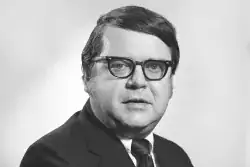
inaction sends a message, Michigan
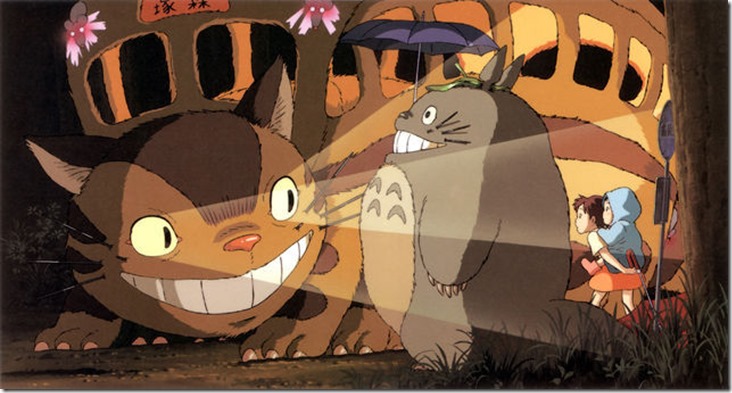


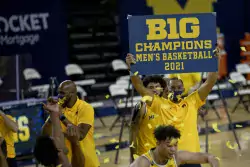

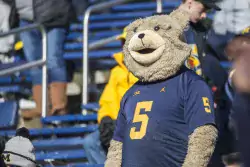

294